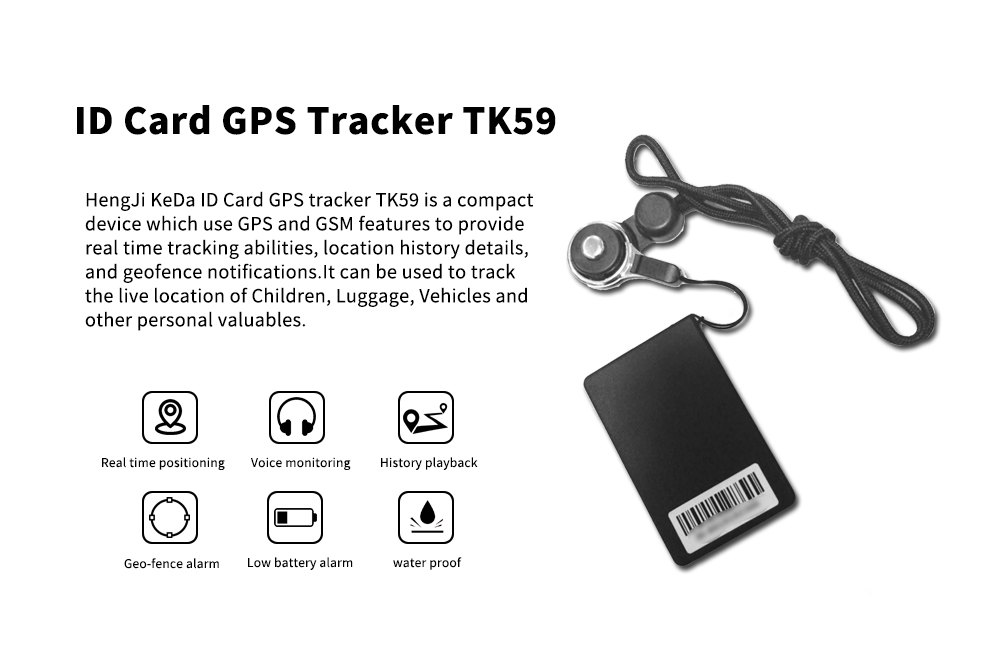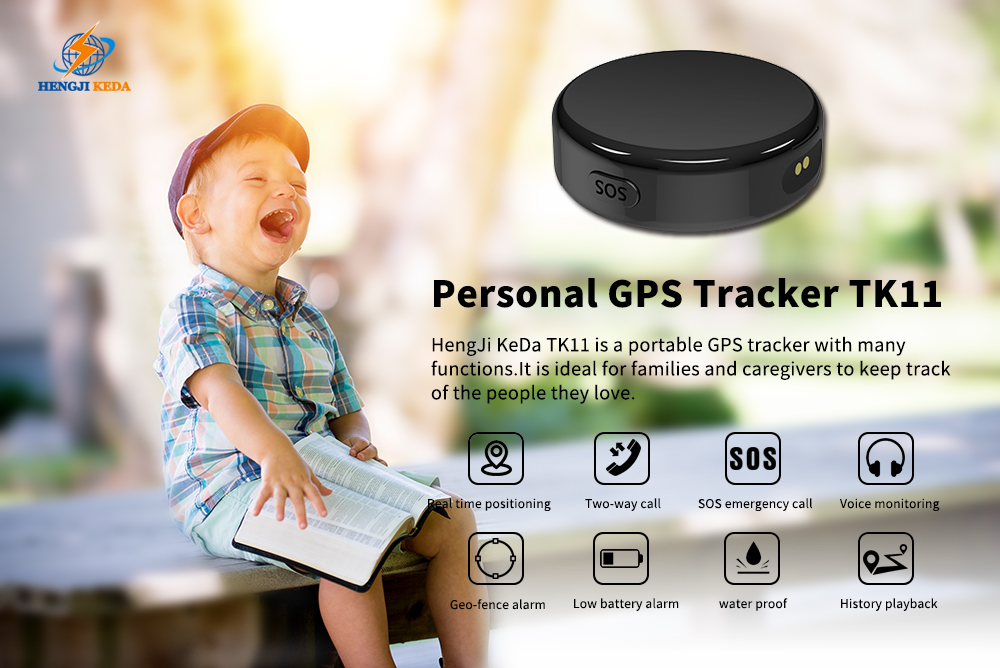

By 2030, about 75.6 million people are expected to have Alzheimer’s disease or dementia, and by 2050, that number will jump to 135.5 million.Memory care communities, home caregivers and family members are increasingly in need of resources to help them ensure the safety of these seniors.A number of GPS tracking devices currently on the market can be a big help to families and caregivers worried about wandering.
Older people with cognitive disorders sometimes feel lost or disoriented and leave the room or home in search of something familiar.This is called wandering – a common but potentially dangerous symptom of memory condition in older people.There are many ways to prevent vagrancy, such as well-designed memory care tools that reduce confusion and increase familiarity.But when that happens, GPS tracking devices can help prevent emergencies and dangerous situations.

Because wandering can be so dangerous and even life-threatening, GPS tracking devices for dementia patients are a great option to provide peace of mind for the sufferer and caregiver alike. These tracking devices have become an increasingly good way to reduce wandering overall and keep elderly loved ones safe.
Today, GPS trackers can be so basic and small that people can wear them throughout the day without noticing. These trackers allow caregivers to know exactly where an elderly loved one is to help keep them safe.
HengJiKeDa’s small, waterproof, long-battery-life devices uses Wi-Fi triangulation (for indoor tracking) as well as GPS and cellular tower triangulation for accurate location wherever cellular service exists. With real-time monitoring, loved ones and relatives can monitor the individual’s location, and geofences can even be set up to send an alert if the wearer enters or leaves a pre-defined area.
GPS tracking can provide peace of mind for family and caregivers and a safety net for a senior in danger of wandering.



